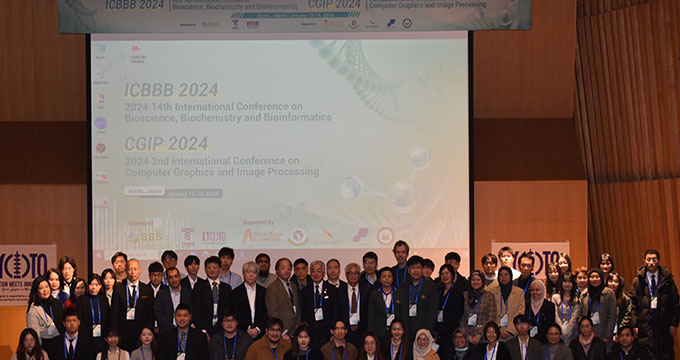

166 views||Release time: Apr 21, 2025
Research conferences are organized events where scholars present new findings, engage in specialized discussions, and network with peers across disciplines (Ex Ordo). These gatherings range from small workshops to large symposia, poster sessions, and fully virtual webinars, catering to diverse academic communities (Ex Ordo). By participating, researchers gain early feedback, boost visibility, and forge collaborations that often lead to co‑authored publications and joint grant proposals (PMC).

Research conferences serve as the linchpin of academic progress:
They facilitate knowledge exchange, enabling attendees to learn about breakthroughs before journal publication (Leite Lopez de Leon et al., JHR).
They provide platforms for dissemination, where new theories and data are debated and refined through peer feedback (StackExchange).
They foster interdisciplinary dialogue, bridging gaps between fields such as engineering, social sciences, and the humanities (Ex Ordo).
Symposia and Colloquia: Focused sessions where experts deliver invited talks on tightly defined themes (Ex Ordo).
Workshops and Tutorials: Hands‑on training in methods or tools, often tailored for early‑career researchers (Ex Ordo).
Poster Sessions: Visual displays coupled with one‑on‑one discussions, ideal for preliminary or in‑progress work (WikiCFP).
Virtual and Hybrid Events: Online-only or blended formats that expand access and reduce travel-related emissions (Nature Human Behaviour; Wired).
Enhanced Networking: Conferences create social spaces for initiating collaborations and maintaining professional relationships (PMC).
Career Advancement: Presenting builds your CV, attracts invitations to collaborate, and can lead to job offers or postdoctoral positions (Wilkinson Blog).
Early Feedback: One‑on‑one interactions during Q&A and poster sessions help identify blind spots and strengthen manuscripts before journal submission (StackExchange).
Professional Development: Many conferences offer workshops on grant writing, teaching, and career pathways (Wilkinson Blog).
Visibility and Impact: Conference papers and abstracts indexed in proceedings can be cited, increasing your research’s reach (JHR).
Hybrid and Virtual Formats: The shift toward blended events allows global participation without sacrificing interaction quality (Nature Human Behaviour).
AI‑Driven Personalization: New platforms leverage AI to match attendees with sessions and peers based on research interests (Wired).
Sustainability Initiatives: Organizers adopt eco‑friendly practices—digital proceedings, carbon offsets, and local venue selections—to lower environmental footprints (Wired).
Browse Relevant CFPs: Visit iConf.com to explore upcoming research conference calls for papers.
Create Your Profile: Register to manage submissions, track deadlines, and update author details.
Submit Abstracts and Papers: Follow clear formatting guidelines and upload your materials seamlessly.
Monitor Progress: Use real‑time tracking and built‑in messaging to communicate with organizers and reviewers.
Maximize Exposure: Approved submissions are showcased to a global network of scholars and practitioners.
Engaging with research conferences is essential for driving academic innovation, expanding professional networks, and gaining critical feedback. By leveraging iConf.com’s intuitive platform, you can streamline your submission process and ensure your work reaches the widest possible audience. Visit iConf.com today to submit your abstract and accelerate your research career.